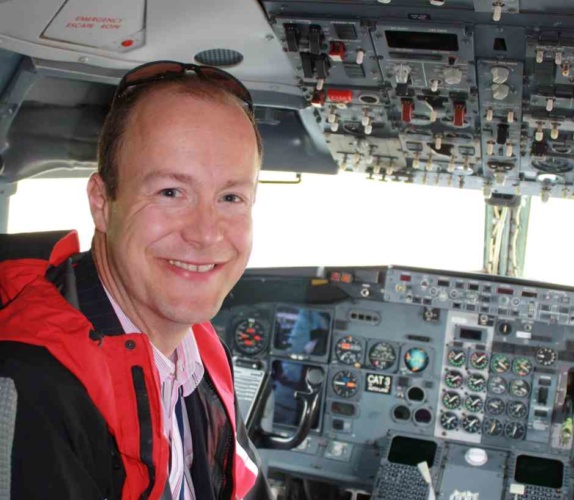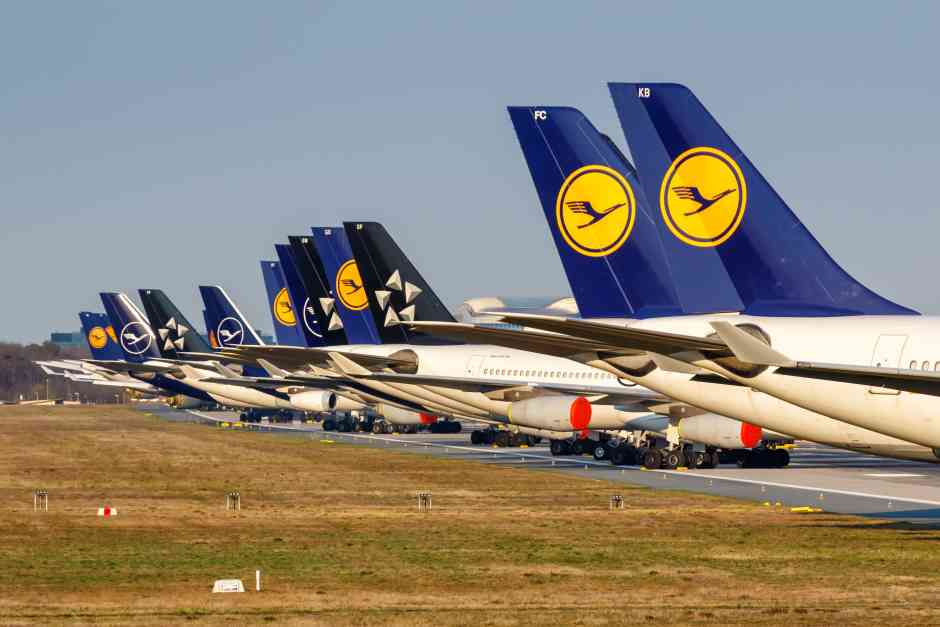 The shocks to aviation from Covid-19 will lead to much needed increases in levels of resilience, says Cranfield University air safety expert Prof Graham Braithwaite
The shocks to aviation from Covid-19 will lead to much needed increases in levels of resilience, says Cranfield University air safety expert Prof Graham Braithwaite
I once spent time with an airline dealing with the fall-out from a serious accident. They’d always had a great safety record and the incident came as a shock to the whole organisation. The director told me how one group of employees had really stepped up, gone above and beyond to help deal with the crisis; another group had been ‘plodders’, just getting on with their jobs; some had crumpled under the pressure. They couldn’t have predicted who would be in which group before the accident.
The lesson here, they said, wasn’t about the importance of the ‘best’ or most efficient performers. They’d been grateful most of all for the diversity in the company. Each group was important in its own way. Because people can’t keep making an extraordinary effort for very long, they burn out. The plodders are needed to keep operations going. With all the different pressures people can be under, inside and outside the workplace, anyone can find themselves struggling.
This is also the lesson that has been exposed by the pandemic and all the associated crises for aviation. We need resilience. That doesn’t mean just more stringent risk management processes; even greater and sharper levels of organisational efficiency; more intensively commercial nous. Resilience isn’t about trying to prevent bad things from happening, knowing everything that’s going to happen. Things go wrong for all organisations all the time. Aircraft become unavailable, pilots get held up in traffic, there’s bad weather. But increasingly there is going to be a need for the industry to be able to be resilient to extreme events and operating conditions.
An organisation’s culture and people, not plain processes, are at the heart of a recovery
Resilience is about how an organisation recovers from a bad situation, not just about limiting risk and exposure to risk, but how it can learn from mistakes and become successful. Sometimes the response to a crisis goes better than was ever expected, sometimes much worse - and what matters most is knowing why that happens. An organisation’s culture and people, not plain processes, are at the heart of a recovery. So there is the need for diversity - the stars, the plodders and the crumplers - for some slack in the system. An advantage of diversity is that it can create resilience in terms of how a team responds to an unexpected situation. There’s also a critical need for a wider perspective on how the aviation industry is at the centre of a web of external factors, the interdependence on other sectors and society as a whole. In other words, we need to be thinking in terms of connected resilience.

That means not just looking at the plain financial case but keeping in mind all five ‘capitals’, the value of the natural environment (as the basis of all life), human capital (skills and aptitudes), social capital (institutions and communities), and built capital (everything from our cities to manufactured goods). Financial capital is just the means of transfer between the other four. Decisions on investment into resilience can’t just be made in terms of a basic x y graph that quantifies risk.
The recovery period will be an opportunity for a step-change in making operations more flexible
The extreme conditions presented by Covid-19 are a spur to introducing more resilience in the form of adaptability. They have highlighted, as one example, the problems that come with operating at full capacity, with no buffer; the importance of seeing transport as an integrated whole - requiring a role for governments rather than relying solely on market forces, more and better use of smart travel systems and the sharing of data that allows people to make better decisions (whether for safety, cost or sustainability); the importance of a resilient supply chain, co-operation and community: how exposed airlines have become to third party ground handling, fuel supplies and airport operators; the value of being able to shrink and grow to meet market conditions with as little pain as possible. The recovery period will be an opportunity for a step-change in making operations more flexible - as well as addressing ambitions around sustainability, to make sure the oldest, ‘dirtiest’ aircraft are taken out of service more quickly.
Just as would happen with a serious accident situation, what’s important now is that organisations in the sector are taking the time to record the logic behind decision-making during the crisis, the lack of evidence available - because hindsight will paint a very different picture of how organisations coped, providing a false sense of clarity. And, critically, the importance of not becoming insular. The changes and adaptations post-Covid-19 made by societies will have a ripple effect across aviation and vice-versa. At Cranfield we’re working on opening up conversations across sectors, making use of its expertise across different disciplines and industries - technology, the environment, organisational behaviour - to make connected resilience work in practice. Because most of all, resilience can’t be worked out internally, aviation needs to be outward looking, challenged and engaged.
Professor Graham Braithwaite is Director of Transport Systems at Cranfield University
Click here to find out more about Cranfield's work on connected resilience










Water Sector Talent Exodus Could Cripple The Sector
Well let´s do a little experiment. My last (10.4.25) half-yearly water/waste water bill from Severn Trent was £98.29. How much does not-for-profit Dŵr...